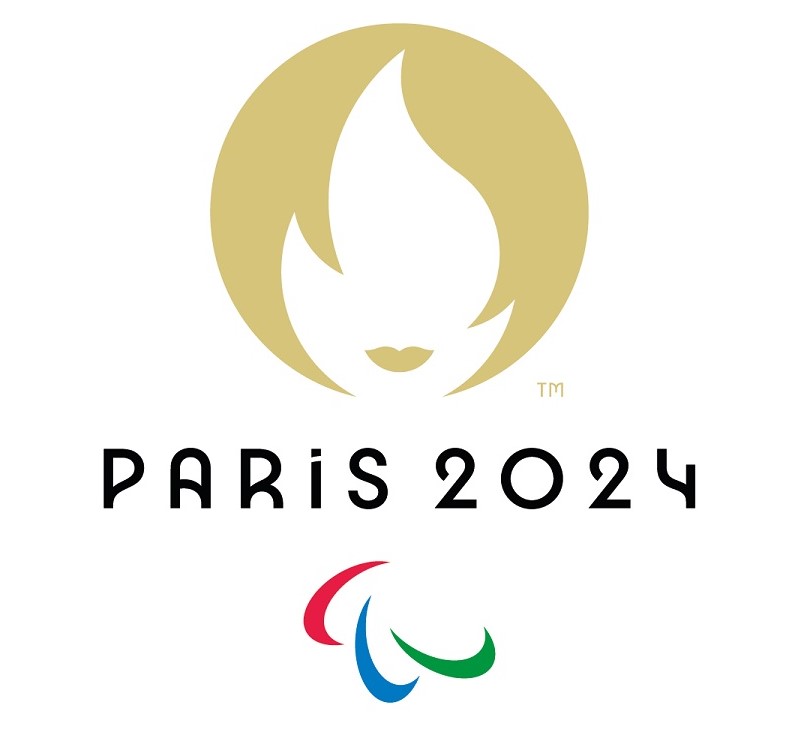Paris 2024: Roman Polianskyi prepares for third Games in a new reality
Double Paralympic rowing champion reflects on challenges of training as he bids for third gold 15 May 2024
Roman Polianskyi won a Para rowing gold medal in the men's single sculls at the Rio 2016 Paralympic Games, just two years after taking up the sport.
The Ukrainian athlete, who was diagnosed with hereditary spastic paraplegia as a 10-year-old, followed up with a successful defense at Tokyo 2020. The two-time Paralympic champion talks about his hopes and preparations for Paris 2024 and reveals his ultimate dream.
How are you preparing for Paris 2024?
Preparation for competitions varies. It is not as it always used to be. Before the war it was easier and more stable. Everything changed because of the war. I am slowly getting back into shape and looking for new programmes for basic exercises.
Does the team stay together in camp?
The team is almost always together when we are in Ukraine, the air-warning system screams every day, the siren doesn't stop. Also, the sounds are transmitted by vibration and shock waves. It's very frightening.
Where have you been training?
I trained in Croatia and Turkiye. I have been training in Ukraine for a long time. There are no full-fledged workouts because you always think about those at home, your relatives and loved ones. I can't always be 'in the moment' during training, the work is automatic, also discipline, I would say.
Who do you regard as your greatest rival at Paris 2024?
The strongest opponent I ever met is laziness. So, I will prepare slowly to notice what everything depends on.
Do you ever get nervous?
The fight for any place is always self-improvement. For everyone participating in any international competition, this is a huge success.
Feelings, nerves, reflections, and much more are present in any athlete, no matter how many years and what experience or achievements.
What is in your diary until Paris?
Good preparation is needed before Paris, so I work, study and correct mistakes. I believe in intensive workouts. Our capabilities will be seen from trips to competitions.
The situation is not simple, the main thing is that everyone is alive, healthy, and self-improvement work has been done, everything else can be found.
Looking back at your career, you won your first Paralympic gold at Rio 2016 just two years after taking up the sport. What are your memories of that achievement?
The gold won in Rio 2016 was my goal, my dream. I have done a lot of work on myself. For this, I would like to highlight the help of everyone, relatives and loved ones, who provided their support and care at the right moment.
The victory was a surprise because it was my first Paralympic gold. This is a great achievement in my career, beyond the podium, which began with my debut in 2015.
I thank those who helped me open up and move forward. Surprised or other emotions are present, but only after the work is done well, then I analyse everything.
How did winning a Paralympic gold medal change your life?
I started rowing because I was looking for my path in sports, there were many attempts and trials from both good and bad sides. The main factor is the inner world, which tells me what I should do.
You beat the defending champion Cheng Huang and the world champion [Erik Horrie] at Rio 2016. What was your reaction?
Fighting with current champions is an achievement and a stimulus for me. I like sports, I wanted to reveal myself in it as a person. Life changes every day. Seconds and hundredths decide fate. Everything depends on the choice at the right moment and being in the right place.
Was there a difference in feelings when you won at Tokyo 2020?
There were very different emotions and a completely different path. Everyone quickly gets used to the good and does not notice how much it takes to stay at a high level.
Therefore, after Rio, everyone already said that I should take the gold. I didn't like it, so the pressure was from different sides, where I least expected it, that was the hardest part!
The race length changed from 1,000m at Rio to the Olympic distance of 2,000m at Tokyo. How did that impact you?
When the distance doubled, I lacked experience and time for preparation. It was necessary to adjust settings "inside myself", as well as in the boat. Everyone gets nervous, so you need to know yourself well and understand what to do with it.
If you were not a rower, what do you think you would have done instead?
I really like rowing so it's hard to imagine what I could replace it with. I would look for my path in this life, strive for the truth. I would plant a huge garden near a big, beautiful lake, next to a high mountain. I would build a house, and there would live our huge and happy family Polianskyi.
Book your tickets for the Paralympic Games by visiting the Paris 2024 ticketing website.
















